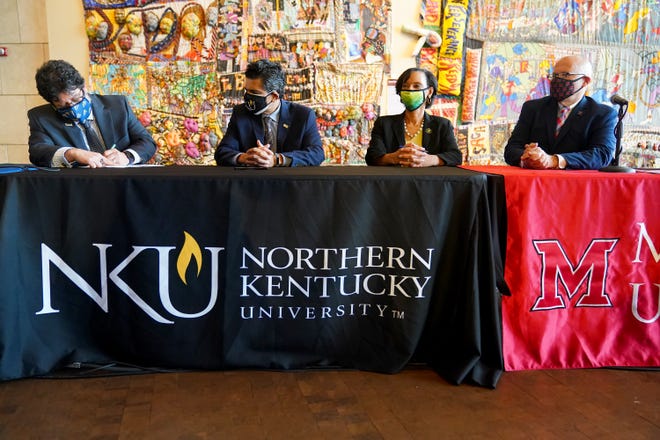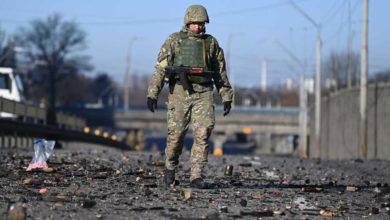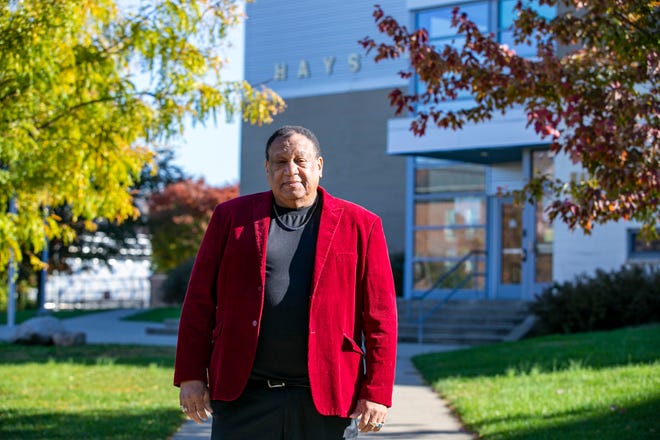
The Ohio insurance industry is keeping a close eye on a case before the Ohio Supreme Court that will decide whether businesses shut down during the coronavirus pandemic can make claims against their property insurance policies.
"You'd literally wipe out the entire industry in a matter of months," said Dean Fadel of the Ohio Insurance Institute.
Neuro-Communications Services Inc. versus Cincinnati Insurance is one of hundreds of similar cases being contested worldwide, he said.
The central question is: Does the coronavirus circulating in the community, landing on surfaces or being carried around by infected people result in property damage?
Neuro-Communication Services Inc. bought an all-risk policy from Cincinnati Insurance, which didn't have an exclusions for losses caused by viruses or pandemics. Like thousands of businesses, Neuro-Communication had to shut down almost all of its operations from March 23 to May 4, 2020.
The company filed an insurance claim to cover losses. Cincinnati Insurance denied it. The insurer argues that the policy covers tangible harm to property, such as a fire or vandalism.
Other insurance companies, including Nationwide and State Auto, filed briefs supporting Cincinnati Insurance. Businesses and trade associations, including the Ohio Restaurant Association, filed briefs supporting Neuro-Communication Services Inc.
More:Stark and Summit restaurants, bars suing insurers over coronavirus claims
The case started in June 2020 in U.S. District Court, which in January 2021 asked the Ohio Supreme Court to weigh in since it involves Ohio insurance law.
It's an attempt to get one authoritative ruling from the high court that can be applied to hundreds of other cases seeking insurance coverage for pandemic-related business losses. While the case centers on how to interpret words such as "damage" and "all inclusive," a battalion of lawyers on both sides have given justices hundreds of pages of briefs, case citations and arguments to consider.
While insurers are worried about the potential impact the case may have, Ohio restaurants and other businesses are keeping close watch as well.
Restaurants argue that many of them paid top dollar for all-risk policies to protect against business interruptions. Ohio restaurants were forced to abruptly shut down in March 2020 and then were allowed to reopen in May 2020 with restrictions that hampered their ability to make money.
"Yet insurance carriers have refused coverage and issued blanket denials without just cause," argued the Ohio Restaurant Association and Restaurant Law Center in a brief filed in the case.
Fadel said he doesn't expect any action on the case until sometime in 2022.
Laura Bischoff is a reporter for the USA TODAY Network Ohio Bureau, which serves the Columbus Dispatch, Cincinnati Enquirer, Akron Beacon Journal and 18 other affiliated news organizations across Ohio.
Source link







